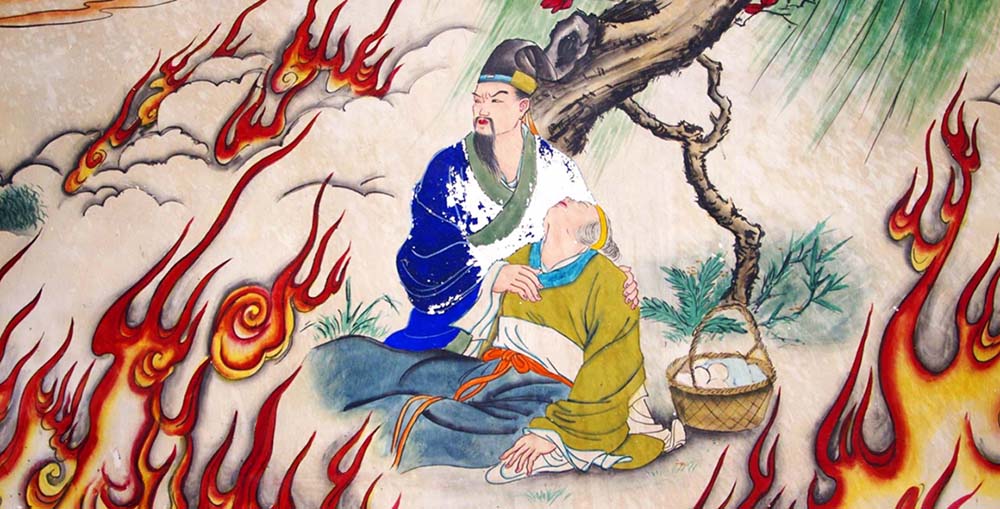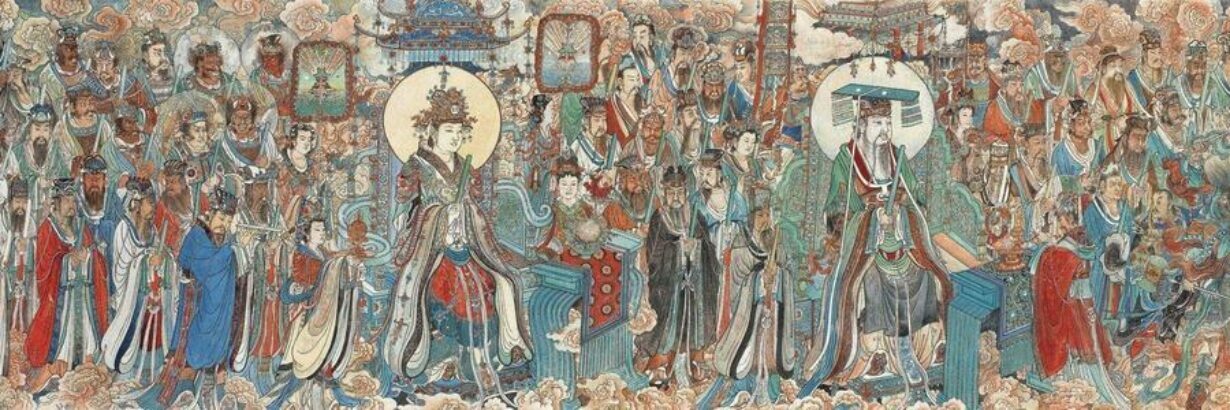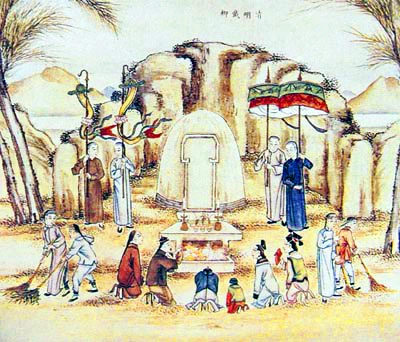Qing Ming Jie, also known as the Qingming Festival or Tomb-Sweeping Day, is a significant event in the Chinese calendar dedicated to honoring ancestors and embracing the renewal of spring. In 2025, the festival falls on April 4th, marking a time for families to engage in traditional practices that reflect deep-rooted cultural values.
Origins and Significance
The Qingming Festival has a history spanning over a millennium, originating from the Cold Food Festival, which commemorated Jie Zitui, a loyal retainer of Duke Wen of Jin. Over time, Qingming evolved into a day emphasizing filial piety and remembrance of ancestors, aligning with the arrival of spring and symbolizing renewal and continuity.
Taoist Customs and Practices
Taoism, with its profound influence on Chinese culture, plays a pivotal role in the observance of Qing Ming Jie. Key Taoist customs associated with the festival include:
- Tomb-Sweeping (扫墓, sǎo mù): Families visit ancestral graves to clean the tombstones, remove weeds, and make offerings. This act of respect and remembrance is central to the festival’s observance.
- Offerings and Rituals: Traditional offerings include food, tea, and the burning of joss paper, symbolizing material goods for ancestors in the afterlife. These rituals reflect the Taoist belief in the interconnectedness of the living and the deceased.
- Spring Outings (踏青, tà qīng): Embracing nature through outdoor excursions is a customary practice during Qingming. These outings symbolize the appreciation of life’s renewal and the harmonious balance advocated in Taoist philosophy.

Cultural Expressions
The festival also encompasses various cultural activities that enrich its observance:
- Kite Flying: Flying kites during Qingming is a popular activity, symbolizing the release of worries and the pursuit of health and happiness. Some believe that letting the kite fly away can ward off illness and misfortune.
- Traditional Foods: Consuming specific foods like Qingtuan (green rice balls) made from glutinous rice and mugwort reflects the season’s flavors and is an integral part of the festival’s culinary traditions.

In contemporary times, Qing Ming Jie remains a public holiday in China, with many people returning to their hometowns to honor their ancestors. The festival serves as a reminder of the enduring importance of family ties, cultural heritage, and the balance between honoring the past and embracing the future.
As Qing Ming Jie approaches on April 4th, 2025, it offers an opportunity to reflect on the values of respect, remembrance, and renewal that are central to this timeless tradition.
Yu Zhen Guan Dao-Temple offers the opportunity to participate in the Qing Ming Ceremony from long distance. You can register for you and/or family members and the Daoist Priest will include in the rituals.
More information and registration here.
Written by XuanMenJun , German Daoist Association

